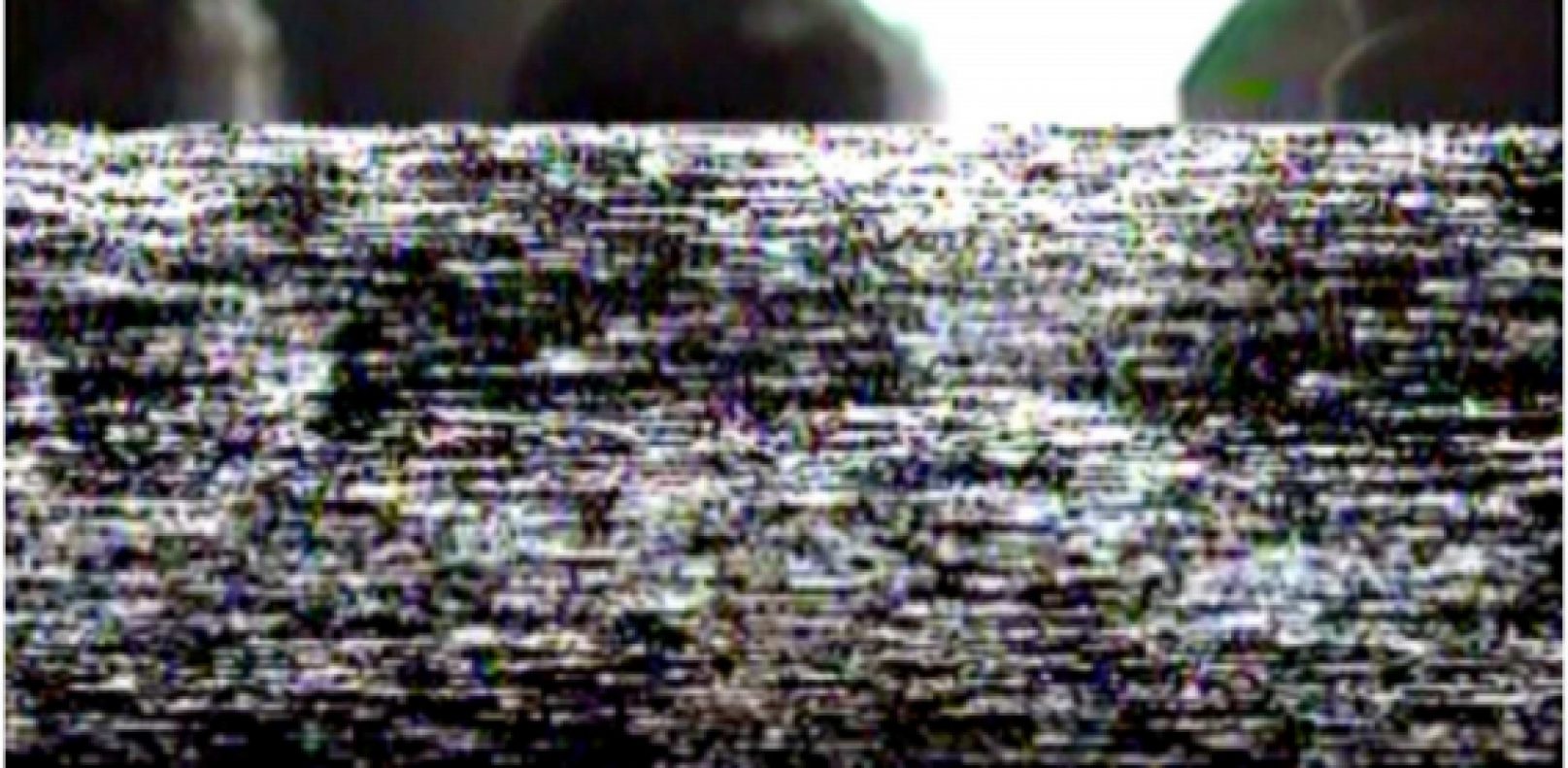Rebecca Metcalf
Web Editor
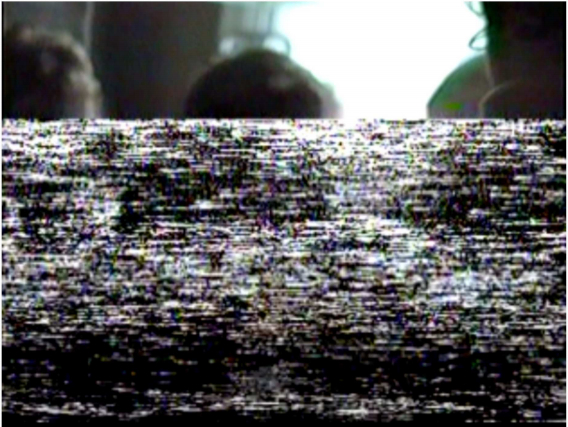
Sandra Whittington is a photographer that has focused on the human form – in particular women and how they are represented – for a long time. With her work appearing at the Anderson Gallery and Space.88 her work is known for its candid confrontation of our perceptions of people, her recent work – which will be exhibited at the senior photography show Powerwash in early May, has taken a much more personal turn; confronting issues of child molestation through an investigation of her childhood. INK spoke to her about how her earlier work has influenced her most recent epiphany that has manifested itself in her intimate and thought provoking final project.
Ink Magazine (IM): Your most recent work focuses on a deeply personal experience you had as a child, how important do you think personal
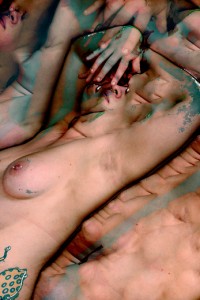
experience is in approaching your work?
Sandra Whittington (Sandra): My work wasn’t always influenced by personal experience – I didn’t actually know what it was influenced by, and it wasn’t until last semester that I had an epiphany, in class one day when we were writing artist statements and all I could really say was “why did my [family member] say X, Y and Z to me?” – why did [they] say these things? It has sort of lead me in the direction to where I am now, exploring my [family member] molesting me as a kid.
IM: Would you say you use your work then as a form of catharsis?
Sandra: Not always. This one in particular, yes, I have definitely worked through my own issues with sexuality and body image, social norms and expectations that I can’t seem to formulate with words, but it’s the intention of it that I like – I like being able to reach other people with the experience.
IM: So raising awareness of the subject is an important aspect for you?
Sandra: It’s extremely important. When I first got it reviewed at a portfolio review, the person I showed it to had actually had a similar experience. That made me feel more comfortable with it, to know that other people had gone through something similar and it made me feel like I could deal with it. I think, him having that experience was really helpful for me, I don’t really believe in a higher power but I do feel like there is a reason he was my first person. I know there are a lot of people, women especially, that have gone through this and they have had something like that happen and never told a single person. What I want people to get from this is whether you are a man or a woman other people go through it and you can talk about it, and if you have never experienced it, then now you know what it’s like and you can look out for visual cues in situations where it is going on.
IM: You’re very driven towards raising awareness, a lot of your work deals with the human body and its representation and you also have a blog where you photograph people around Richmond with a focus on diversity – what drives you to be so compassionate towards people in society?
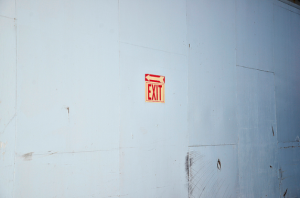
Sandra: Art and anthropology are hard for me to separate because I’ve always been that one weird art kid, but I have always been really inclined towards people. In high school I was really interested in homeless people, I would spend an afternoon talking to them and photographing them. I’m really interested in culture and how people interact with others – I’m interested in society and how it develops and how people are treated.
IM: I feel like displacement is a strong theme in your work – women and their place, forgotten buildings and structures, homeless people – is that a feeling you’re familiar with or something you think is important to focus on?
Sandra: Displacement is a theme that outlines a lot of my work. I’m an only child and since I was very young I have always felt like an outsider. I grew up in Miami, I have red hair, pale skin, I’m not thin, I look very different from the stereotypical Floridian. I never felt like I emotionally or physically fit in anywhere. I feel at home or more connected to people that are maybe displaced from society, or displaced in some way than I do photographing models. It scares the shit out of me. It’s almost like they’re so in and I feel so far out.
IM: I’ve noticed in a lot of your images you like to build relationships with your subjects – either you know the people you photograph or you build a relationship prior to photographing them.
Sandra: I struggle greatly photographing someone unless I don’t know them; I have to feel like they’re accepting and willing and open. But if I had all the time in the world I would talk to everyone. I feel like I’m stealing something from someone if I don’t know them on some level before I photograph them. So that’s why I worked on the blog (realrichmondrevealed.tumblr.com) because I’m sort of shy, so I wanted to practice approaching people who I could speak to in English, before I went on my study grant to China.
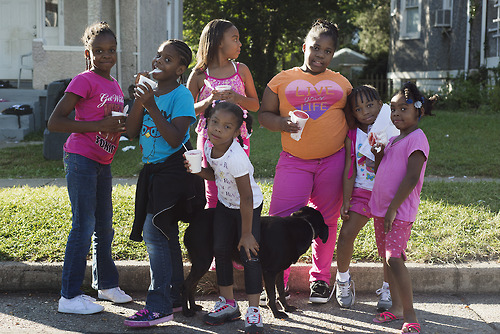
IM: Can you tell me a little about your grant to China?
Sandra: My intention [with the grant] was to study women in the workforce in China. The city I went to – Shaoshan – is where Mao Zedong is from, it’s where he begun the conversion into communism, so it’s the heart of communism in China essentially. But I read a study that said women in Shaoshan have the best sex lives and they get paid almost the same amount as men – which in China is a big deal – what I wanted to do was go there and study that, but it was very difficult to access that. I was a foreigner that didn’t speak Chinese and I wanted to photograph them and speak about their lives so I had to work around that. It was difficult for me because I didn’t want to take pictures straight away, I felt like it was important to observe before I photographed. That is why the series never developed completely.
IM: From observing, did you notice many differences between the Western World and China?
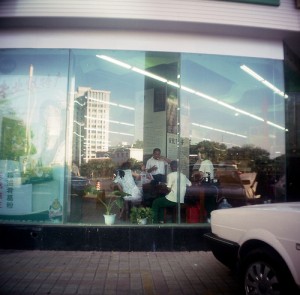
Sandra: It’s hard to say, it is so different. But China is so much more westernized that I had anticipated, in the city centre it’s very similar but the people are a lot more closed off. When I was at the fruit market though – which was a lot poorer – it was different, the children spoke to me and they knew some English – I didn’t feel like I was encroaching as much and they were much more open, we were able to learn from each other.
Women are still also not quite equal – they are a lot poorer, though the friend I stayed with in China her mother is sort of an anomaly because she owns her own business and she makes much more than her husband. She’s very successful, but that is rare. Based on what I saw there is a huge discrepancy between men and women in China.
IM: How did being an observer affect the way you chose to photograph the people in China? Looking through your work subjects and themes you’re closer to you seem to abstract whereas the images of China were a lot more ‘as they were’?
I had a moral issue abstracting images in China, it has such an ancient culture and I felt bad and imposing – people were uncomfortable with me taking their photograph, and because I wasn’t close to the culture I didn’t want to misconstrue their representation. There is so much going on politically with China that I didn’t feel I was able to defend why I would choose to abstract it.
IM: What leads you to manipulate the images that you do abstract? In particular abstracted images of the body?
Sandra: I’m always thinking about the body and the weight of it – not in terms of getting on a scale or weight gain – but rather the physical manifestation of the body. I have always felt really confused about it. Why we want to look a certain way? Why there are so many diet and fad cultures around how we look? I have never able to express that verbally, so the reason I abstract bodies is more of a physical representation of my own confusion.
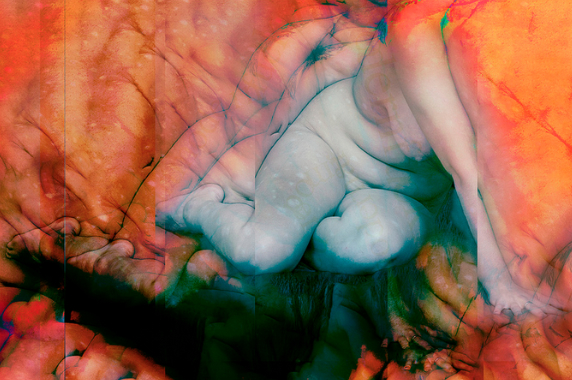
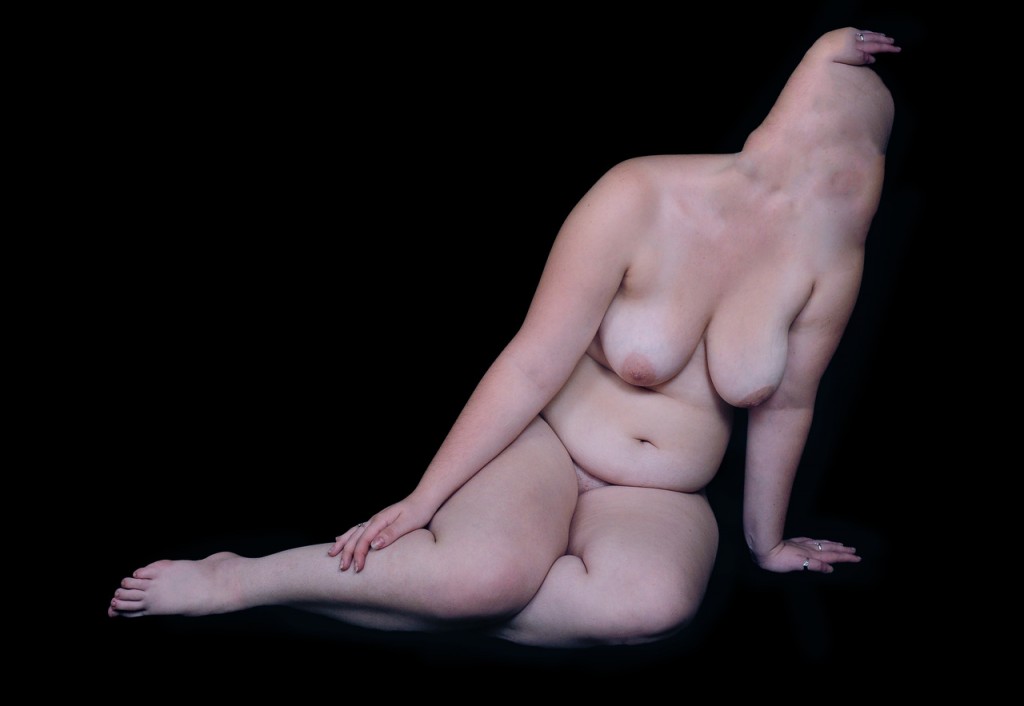
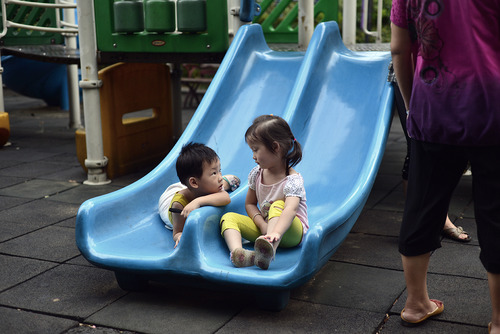

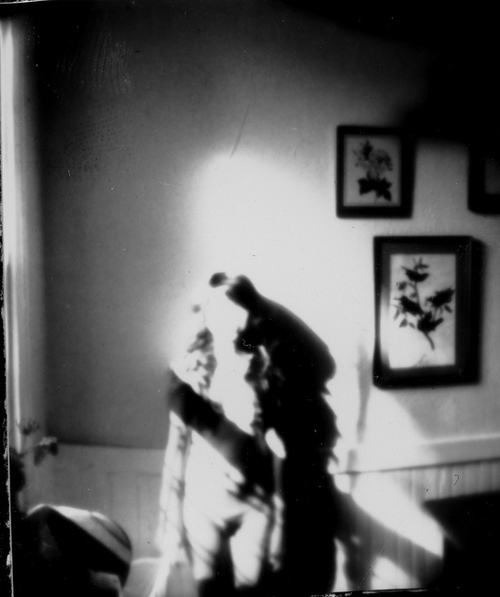
Sandra’s work was recently featured in Ink’s ‘Bringing it Home’ issue and was incorrectly credited to fellow senior photography student Sarah Mattozzi – a mistake that Ink would both like to point out and apologize for.
